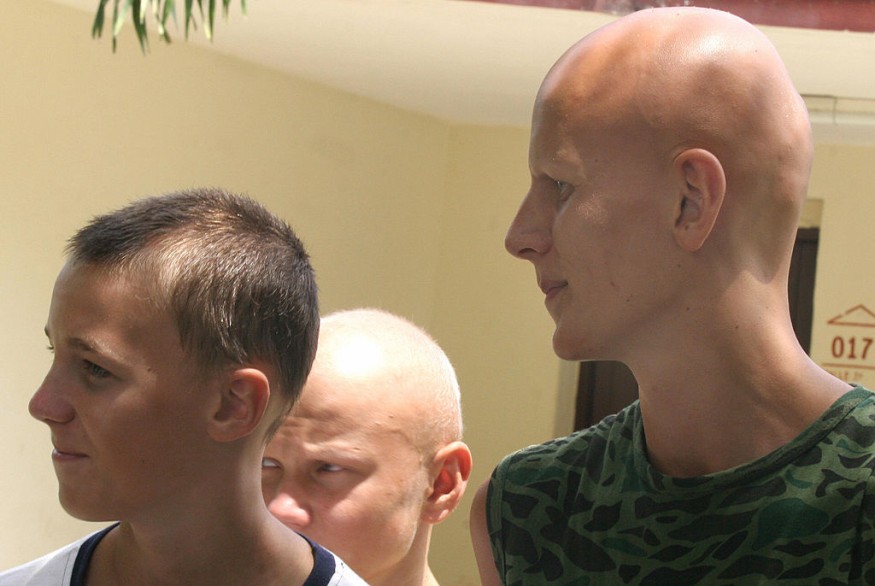
Rheumatoid arthritis as well as a chronic kind of baldness known as alopecia areata may appear to have nothing in hand. The first produces ligament discomfort and inflammation, whereas the second generates significant, uneven baldness.
However, in these kinds of situations, the inflammatory response has determined that the body's natural biological components are a concern, resulting in the immunological response assaulting hair growth in alopecia and ligament components in arthritis.
Novel Experiment with Cure For Severe Alopecia
Current findings on an experiment posted in The New England Journal of Medicine, demonstrated that the therapies for these two disorders may be comparable, with an arthritis medicine termed baricitinib; successfully curing alopecia areata in one-third of sufferers, as per ScienceAlert.
Although this is not a cure-all for individuals suffering from alopecia areata, it still is an amazing scientific breakthrough which might potentially be offered to sufferers as a therapy alternative.
This operates due to a major compound known as Janus kinase, or JAKs. These molecules are constituents of the JAK-STAT signal transduction pathway, which would be implicated in many domains, such as the inflammatory response. JAK medications, such as baricitinib, can suppress this protective immunity in certain individuals, enabling sebaceous glands to regrow.
The studies were double-blind, randomly divided, placebo-controlled, and therefore the highest possible level for determining how baricitinib performs for people with extensive baldness.
An overall 1,200 participants were divided into three subgroups by the investigators. For 32 weeks of gestation, respondents were administered a placebo, 2 milligrams of baricitinib, or 4 milligrams of baricitinib.
Those who received 4 milligrams of baricitinib experienced the much more successful outcomes, with more than one-third of those individuals suffering with considerable hair growth.
To assess the medication's efficacy, the study employed a method known as the Severity of Alopecia Tool (SALT). The scale varies from zero which means no hair loss, to 100 that significate a total hair loss of an individual or the complete scalp hair loss.
At the outset of the experiment, every subject would always have a SALT rating of more than 50, but at the conclusion of the case, approximately 35% of subjects on 4 mg of baricitinib had quite a rating of 20 or even less, which the researchers claim to be an encouraging outcome.
Moreover, roughly 20% of individuals on 2 milligrams of baricitinib had a grade of 20 or below. In their paper the researchers mentioned that the outcome measure was indeed a SALT rating of 20 or less at week 36.
A SALT rating of 20 or less has been recognized as a relevant therapeutic result for individuals with extensive alopecia areata. At week 36, the majority of participants who fulfilled the objective result achieved SALT ratings of 10 or fewer.
Treatment For Severe Alopecia with an Arthritis Drug
Regrettably, it's not like all subjects received hardly an adverse implication, with the investigators finding a variety of concerns in the experimental studies contrasted to the standards, which would include harsher breakouts problems, acute pulmonary system problems, migraines, UTIs, and higher low - density lipoprotein.
Furthermore, because the medicine has the propensity to alter the inflammatory response, it can reduce the immunological state's capacity to safeguard the patient from genuine assaults, with greater infectious agents reportedly found in patients using the treatment for arthritis.
Eli Lilly and Firm, a biopharmaceutical business that makes baricitinib from the generic version Olumiant, which is presently recommended to alleviate rheumatoid arthritis, funded this experiment.
According to YaleNews, with all the phase three findings of this study finally complete, and the outcomes appearing to be positive, we might eventually have seen this medicine advertised and sold to relieve significant baldness too, potentially offering comfort among countless people.
© 2025 NatureWorldNews.com All rights reserved. Do not reproduce without permission.





